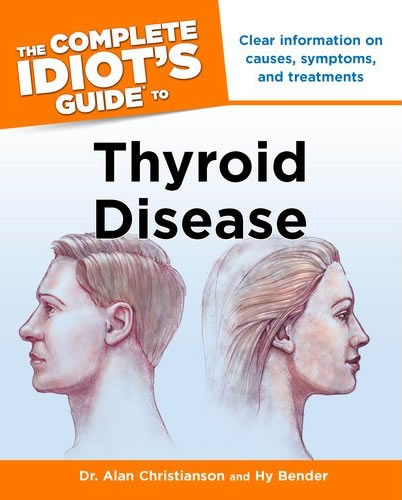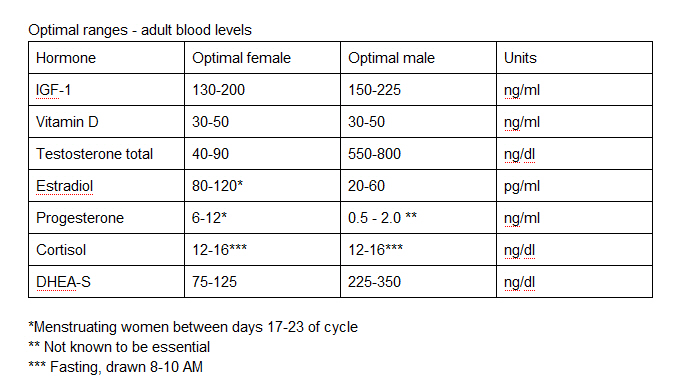

Getting Your Blood Tested
If you have reason to suspect a thyroid disorder—for example, if you have one or more of the symptoms described in Chapter 2—you should get your blood checked to determine your thyroid’s status.
Specifically, your doctor should take a blood sample and send it to a lab, instructing the lab to test for at least three things: TSH, free T4, and free T3. The meaning of these tests are detailed in Chapter 7.
Some less savvy doctors will order only a TSH test; but the TSH, free T4, and free T3 tests are all required to provide adequate information about your thyroid’s condition.
In addition, a sharp doctor will usually tell the lab to perform a one-time check for thyroid antibodies. These are indicators of such diseases as Hashimoto's, which is the most frequent cause of hypothyroidism.
Virtually any doctor can draw your blood and send it to a lab, so you may find it easiest to begin with a general practitioner you already know and trust. Then again, if you want to be in the hands of a specialist from the start, you should seek out an endocrinologist (see Chapter 4).
Either way, you need a doctor who'll cooperate with you and order the tests you request. If you have any trouble finding a doctor who'll order all the necessary tests—i.e., TSH, free T4, free T3, and thyroid antibodies—you can opt to order these tests yourself for under $200. To do so, click these links:
Ordering TSH, Free T4, and Free T3 Tests
Ordering Thyroid Antibodies Tests
When the lab sends the test results, if your doctor ordered them then you should request a copy (which you can pick up or have faxed to you—see Chapter 4). If you ordered the tests yourself, then the results will be mailed directly to you.
Either way, you can then interpret the lab results using Chapter 7 (for hypothyroidism) or Chapter 11 (for hyperthyroidism). If you're working with a doctor, this provides a helpful double-check, because many physicians aren't up-to-date on what experts consider optimal ranges for thyroid hormone levels.
That said, it's preferable to work with a doctor when diagnosing your condition, if only because a doctor can also check for issues you may have instead of, or in addition to, thyroid problems (see Chapters 6 and 11). Assuming your doctor runs other tests, you can double-check the results of those as well using this chart:
Optimal Blood Level Ranges Beyond the Thyroid

To order our book from Amazon.com, please click here.
To order our book by phone from Barnes & Noble, please call (800) 843-2665.
Copyright © 2011 Hy Bender
Email: hy@hyreviews.com